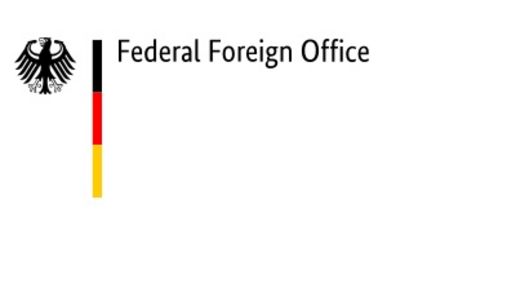African Excellence – Centres of African Excellence

In order to promote future leaders and decision-makers in Africa, the DAAD initiated the establishment of centres of excellence with different thematic focuses at several locations in sub-Saharan Africa in 2008. The "African Excellence - Centres of African Excellence" programme is funded by the German Federal Foreign Office (AA) as part of its foreign cultural and educational policy (AKBP). By setting up Centres of African Excellence, the DAAD supports African universities in improving the quality of their education in line with international standards and expanding their research capacities.
Background
The establishment of international-level university centres of excellence for the training of managers in Africa is part of the DAAD's Africa strategy. It aims to significantly increase the quality and relevance of education at African universities in selected subjects, to create research capacities and to network African universities and research institutions with each other and with German partners and to pave the way for international cooperation. The support of future managers and leaders should play a special role here. They should be given the opportunity to receive needs-oriented and innovative training at the Centres of African Excellence that meets international quality standards and enables adequate integration into the labour market. Working in networks with relevant stakeholders such as potential employers, players from politics, business, science and civil society enables the Centres of African Excellence to increase their visibility in society.
At the same time, an environment is to be created that is sustainably conducive to research and also offers favourable conditions for international cooperation. Furthermore, the aim is for each centre to have a supra-regional impact.
Furthermore, innovative and strategic approaches to ensure the financial, personnel and structural sustainability of the individual Centre of African Excellence are applied.
In addition to the largely interdisciplinary and academic training, the Centres of African Excellence offer additional capacity building trainings (e.g. in the areas of good governance, administration, soft skills). All centres have a scholarship programme as part of project funding. Transdisciplinary approaches and transfer cycles will also play a central role in the development of future Centres of African Excellence.
Supported by:
